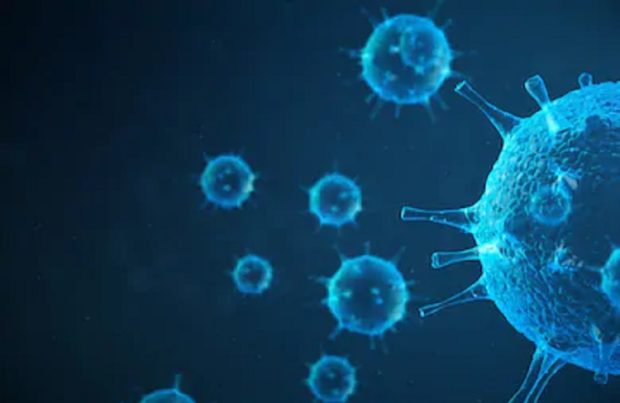
New swine flu virus strain with “pandemic potential” identified in China: Study
PTI, Jun 30, 2020, 12:06 PM IST

Beijing: A new flu virus strain, identified among pigs in China, is becoming prevalent among workers in the swine industry, according to a study that says the pathogen has “all the essential hallmarks of a candidate pandemic virus.”
The study, published in the journal PNAS, is based on surveillance of pigs in China from 2011 to 2018 and found that the influenza virus strain, with genetic material termed as G4 genotype, has become predominant in swine populations since 2016.
According to the scientists, including those from the Chinese Center for Disease Control and Prevention, these G4 viruses bind to receptor molecules in human cells and can replicate in the outer layer of the respiratory system.
They demonstrated that the newly identified virus can efficiently infect ferrets via aerosol transmission, causing severe clinical symptoms in them like sneezing, wheezing, coughing, and a mean maximum weight loss ranging from 7.3 to 9.8 percent of the mammals’ body mass.
The study also noted that humans are not protected from the G4 virus by the immunity offered by other human influenza vaccine strains, indicating that there is no preexisting population immunity to the virus.
Blood sample analysis of workers in the swine industry indicated that nearly 10.4 percent (35/338) of them were positive for the G4 flu virus.
Participants between 18 and 35 years of age had about 20 percent positive rates of the virus in their blood, according to the study, indicating that the predominant G4 strain has acquired increased human infectivity.
“Such infectivity greatly enhances the opportunity for virus adaptation in humans and raises concerns for the possible generation of pandemic viruses,” the scientists wrote in the study.
They said that the newly identified virus is a growing problem in pig farms, adding that the widespread circulation of G4 viruses in pigs “inevitably increases their exposure to humans.”
The scientists said that two recent cases of G4 virus infection, reported in 2016 and 2019, were of a 46- and a nine-year-old, respectively.
According to the study, the two patients had neighbors who reared pigs, suggesting that G4 virus “could transmit from swine to human, and lead to severe infection and even death.”
“Thus, it is necessary to strengthen the surveillance effort of G4 EA viruses among swine and human populations,” the researchers wrote in the study.
Udayavani is now on Telegram. Click here to join our channel and stay updated with the latest news.
Top News
Related Articles More

WATCH: 5 runaway military horses cause mayhem in London

Don’t blame Dubai’s freak rain on cloud seeding

Who would lead if US stepped off world stage? asks Biden

Sexual harassment case: HC declines to suspend prison sentence of former TN special DGP

Watch: 2 Malaysian Navy helicopters crash mid-air; 10 onboard killed
MUST WATCH
Latest Additions

WATCH: 5 runaway military horses cause mayhem in London

FIR filed over BJP’s social media post allegedly promoting hatred and enmity: EC

Can’t control elections or pass directions on basis of suspicion: SC tells EVM critics

Amitabh Bachchan receives Lata Deenanath Mangeshkar Puraskar

Hubballi: Congress leader Randeep Surjewala visits Neha’s house, assures justice to family
























